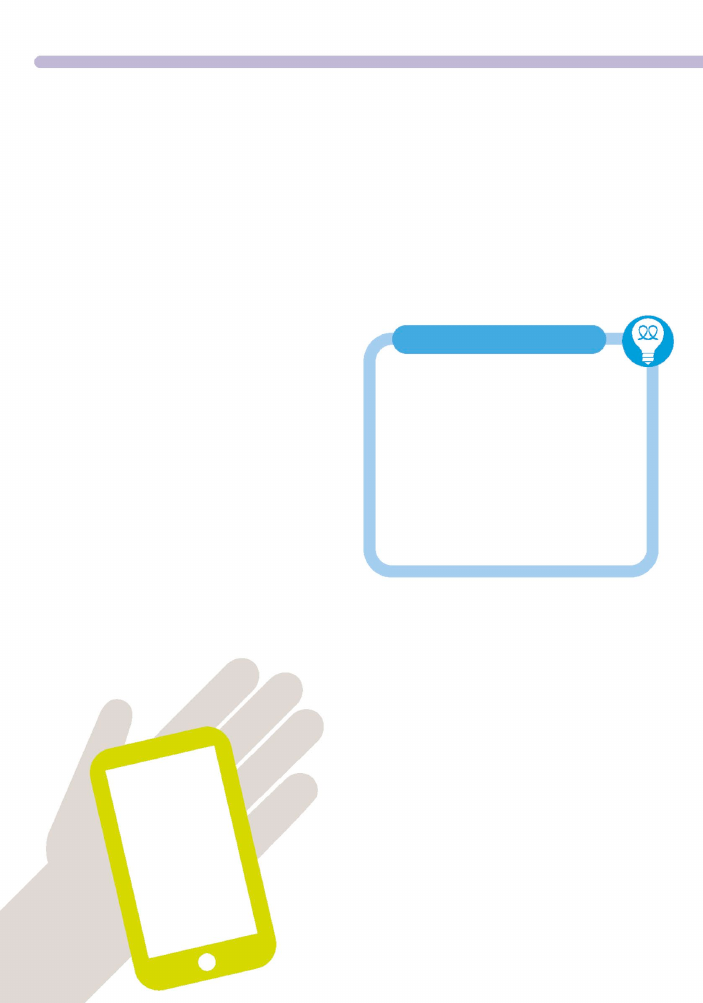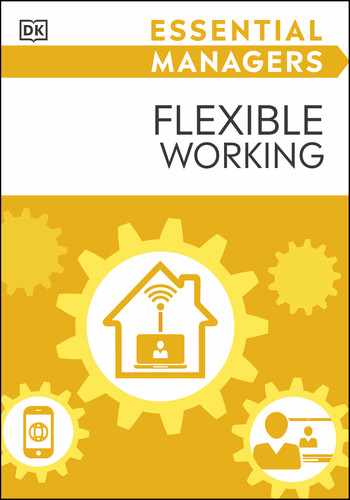
52 / MASTERING REMOTE COMMUNICATION
Knowing when to pick
up the phone
In a world that relies increasingly on
email and chat software, a traditional
phone call can help you find quick
solutions to problems. In general, use
the phone to: clarify a point; defuse a
situation where a colleague is unhappy;
or to provide emotional support. If you’re
calling someone who works remotely,
note that yours might be the only voice
they hear that day. Make an eort to
connect, ask how they are, and, above all,
listen. Not everyone likes communicating
by phone, though, so try to find out
what’s best for each individual.
Leaving the perfect message
Whether you’re leaving a message for a
stranger or an acquaintance, say hello,
state your name clearly, and say why
you’re calling. Tell them when you can be
contacted, especially if you work flexible
hours and days, and say if you need a
reply urgently. If the person doesn’t have
your phone number, recite it slowly once,
then repeat it. Keep your message to a
maximum of 30 seconds long, if possible.
Give them time to receive the message,
get the information you’ve asked for, and
find a convenient time to call you back.
Mastering phone
calls and messages
REDUCE
BACKGROUND NOISE
Make a call on your own
from a quiet room. If you’re
at home, reduce interruptions
and noise by telling other
people in your household not
to disturb you. Avoid eating
or drinking during the call.
Tip
A voice call at the right moment is sometimes the most eective way to
deliver and receive the information you need. Learning how to hold positive
phone conversations and leave clear messages helps you save time,
maintain good working relationships, and get the best out of your sta.
US_052_053_Flexible_Working.indd 52US_052_053_Flexible_Working.indd 52 02/02/2021 11:0502/02/2021 11:05

MASTERING PHONE CALLS AND MESSAGES / 53
Check your timing
Think before you dial: is the other person working right
now? Keep in mind any flexible working arrangements
or time-zone dierences. If the person you want to
speak to is on leave, send an email instead. Or even
better, wait until they return to work.
Be polite
It doesn’t matter if you’re under pressure or in a hurry,
you still have to be pleasant, polite, and professional
on the phone. Remember to ask how the other person
is doing. If the person needs some extra support, lend
a sympathetic ear, and oer to help.
Speak clearly
Never assume the person you’re calling can hear you
perfectly—the line may be bad or they may be in a noisy
location. Speak clearly and not too quickly, especially
when leaving a message or voicemail in a rush. Watch out
for the volume of your voice—not too loud, not too soft.
Respect other preferences
Don’t be oended if you don’t get a call
back after leaving your voicemail. It
might be more convenient for the other
person to send you a quick email with
their answer.
Listen actively
Concentrate on what the other person is saying and
don’t interrupt them mid-sentence. Take notes if you
need to and ask questions after they’ve finished
speaking. It can help to repeat points back to the
person to make sure you’ve understood them fully.
US_052_053_Flexible_Working.indd 53US_052_053_Flexible_Working.indd 53 02/02/2021 11:0502/02/2021 11:05
..................Content has been hidden....................
You can't read the all page of ebook, please click here login for view all page.
